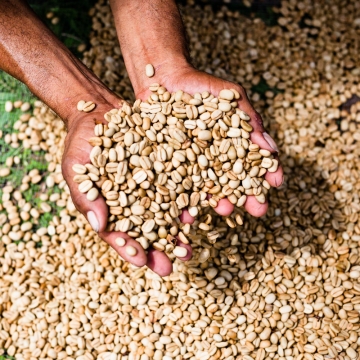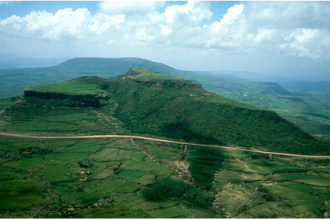Evaluating the Impact of Improved Maize Varieties on Food Security in Rural Tanzania: Evidence from a Continuous Treatment Approach
This paper investigates impact heterogeneity in the adoption of improved maize varieties using data from rural Tanzania. We used a generalized propensity-score matching methodology, complemented with a parametric econometric method to check the robustness of results.


